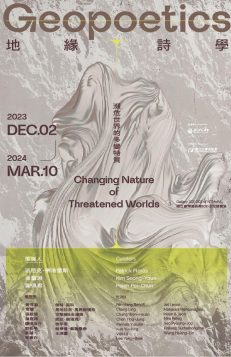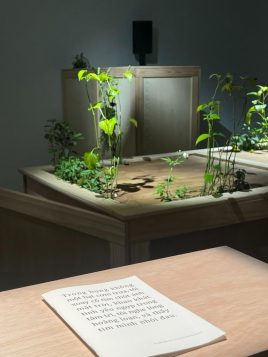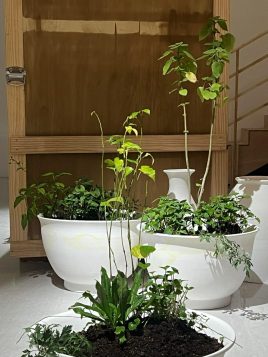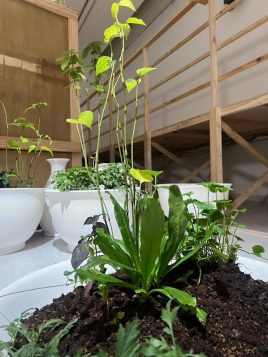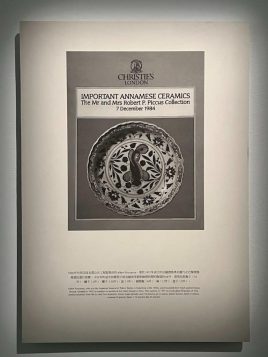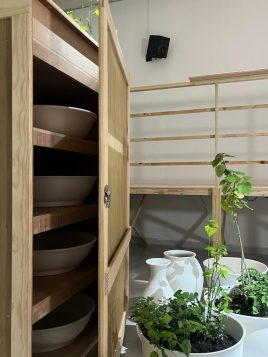12.02,2023 – 03.10, 2024
Curators:Patrick Flores 、Kim Seong-Youn 、Hsieh Pei-Chun
Artists:Pei-Hang Benoît, Chang Ling, Chang Wen-Hsuan, Chen Ting-Jung, Kamata Yusuke, Kuo Yu-Ping, Viet Le, Lee Yong Baek, Jet Leyco, Maharani Mancanagara, Moon & Jeon, Nira Pereg, Seo Pyoung-Joo, Prateep Suthathongthai, Wang Hsiang-Lin( In alphabetical order by English surname)
In his poem I’m Not Gonna Talk to You about It, poet Wu Cheng uses three negative sentences to unlock the political potential of the following three things: poetry, life experience, and modern society. He reminds us that we’ll get closer to poetics as soon as we cease our empty rhetoric and interpretations in a cramped room, start to approach natural creatures and open fields of production, and try to extend the space-time for objects and humans through our senses.
Titled “Geopoetics: Changing Nature of Threatened Worlds,” this exhibition owes its inspiration to the idea that nothing can be more optimal than poetry to be the rendezvous for the private and the public as well as for introspection and extroversion. This exhibition not only advocates a poetic survey into the material conditions of East and Southeast Asia in postwar geopolitics, but also unravels contemporary art’s critical perspective withinin the landscpae of anti-poetics.On the basis of geopolitics, the term “geopoetics” further accentuates “form-making,” i.e., the shared similarity between geospatial distribution and poetic formation, so as to extend our concern over East and Southeast Asia in terms of international politico-economic issues like nation, region, and the center-periphery structure.
As we employ poetics to imply the likeness between world-making and form-making, we’ll discover that artistic creation bears more than a passing resemblance to geospatial reshuffle, and that natural / artificial landscapes can be analogized to aesthetic propositions. In this sense, poetic practice seems to emancipate Asia from unduly dogmatic geopolitics and ideology, which ergo offers alternative political potential for artistic creation.
For more information, please check
https://event.culture.tw/mocweb/reg/NTMOFA/Detail.init.ctr?actId=30139&request_locale=en&useLanguage=en


